About us
BIPA is short for Bunong Indigenous People Association a Grassroots Organization set up by Bunong to help Bunong, Bunong families and Bunong villages. It was founded in 2009 as a way to respond to the loss of land and forests threatening the livelihoods and futures of our communities.
BIPA was officially registered in February 2016 with the Ministry of Interior of the Royal Cambodian Government.

The Bunong Indigenous People Association is dedicated to enhance the life of the Bunong People in today’s fast changing Cambodia by focusing on serious challenges such as the enforced loss of land and natural resources, which has serious impacts on Bunong villagers’ livelihoods, food security and culture; a lack of technological support for traditional swidden cultivators who have to adapt their agricultural system to a dramatical land shortage; and a generally very low level of formal education of Bunong children and adults.
To protect themselves from food insecurity, impoverishment , and cultural loss and to obtain a fair share of development the Bunong villagers from Bu Sra Commune formed themselves as an Association. The Association is open to villagers from other communes.
The Bunong Indigenous People Association works in partnership with the local government and local organizations in order to find culturally and socially sensitive technical solutions for adapting the current agricultural system; to protect the remaining forest resources; and to support inclusive educational initiatives for the Bunong.
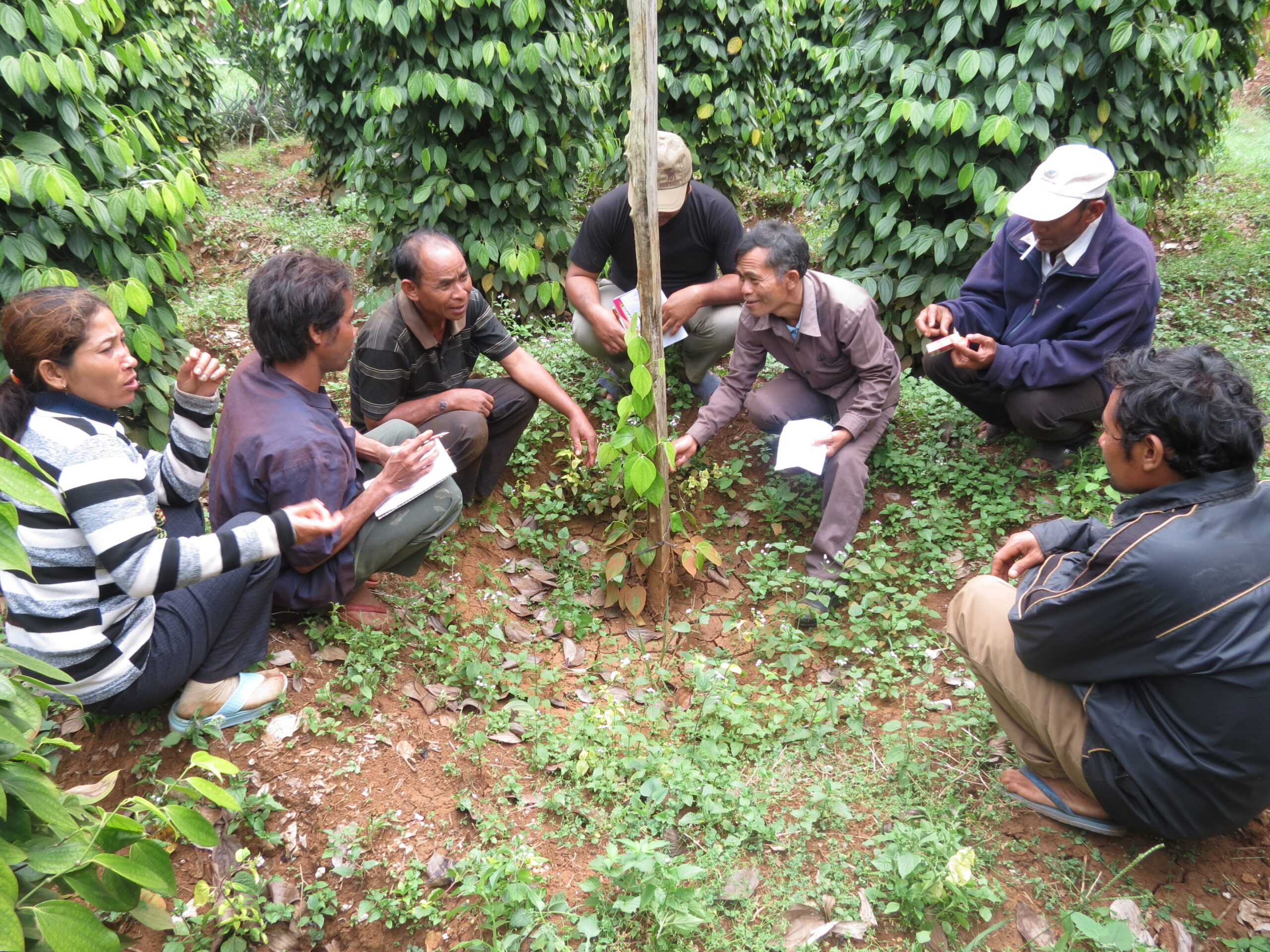
Our Team
Staff
Neth Prak, Executive Director
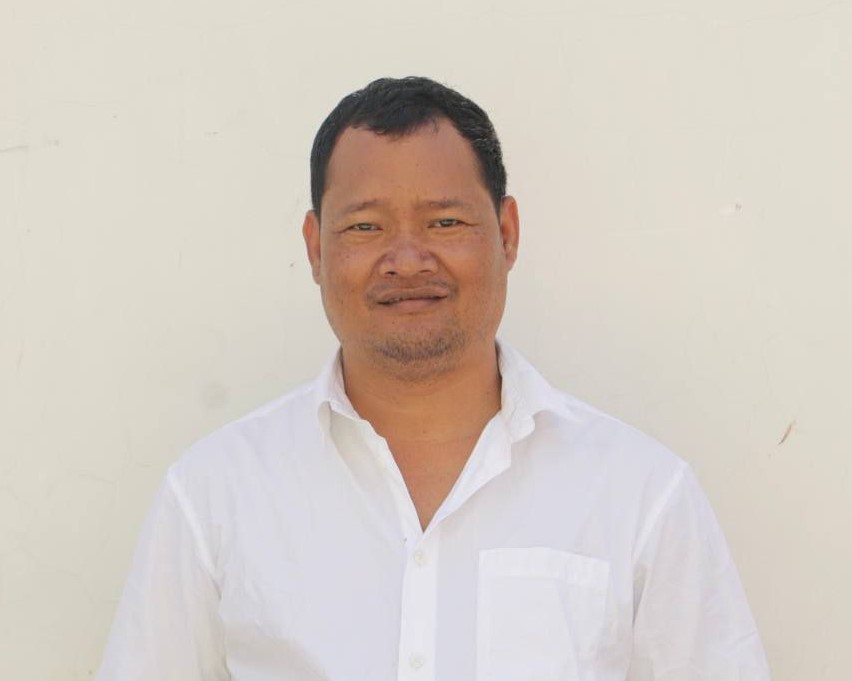
Nhong Prak and Kleurl Mris, responsible for Agriculture
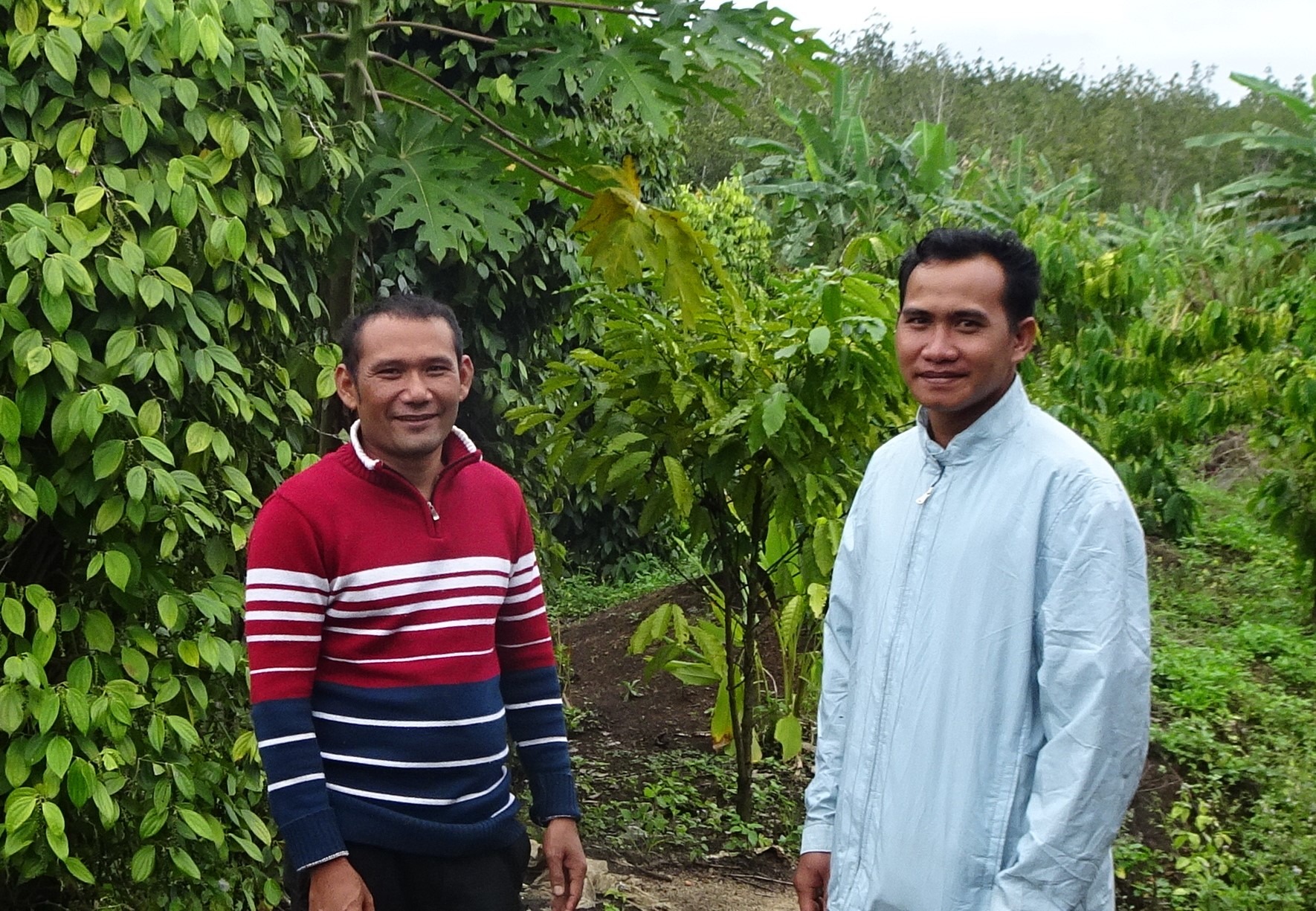
Than Thong, Office Manager and Accountant
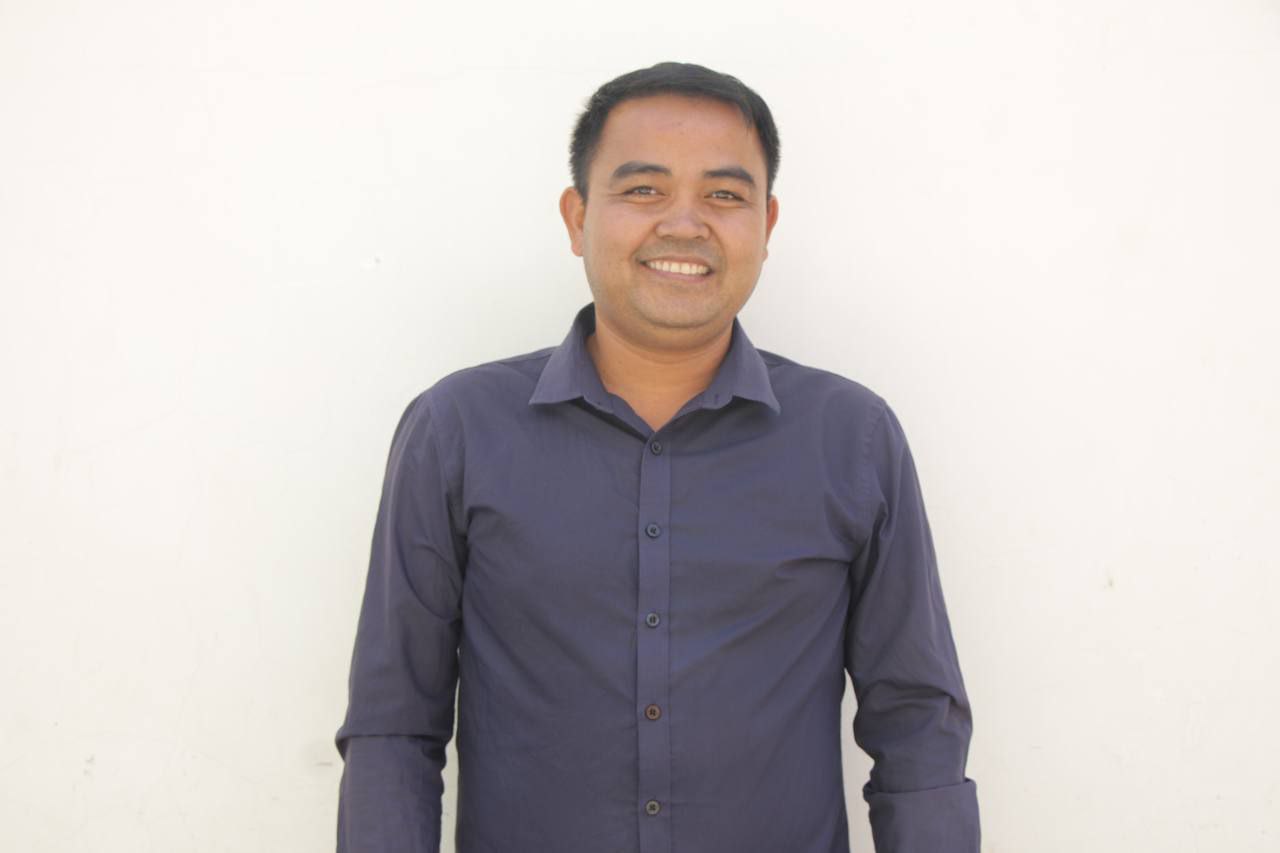
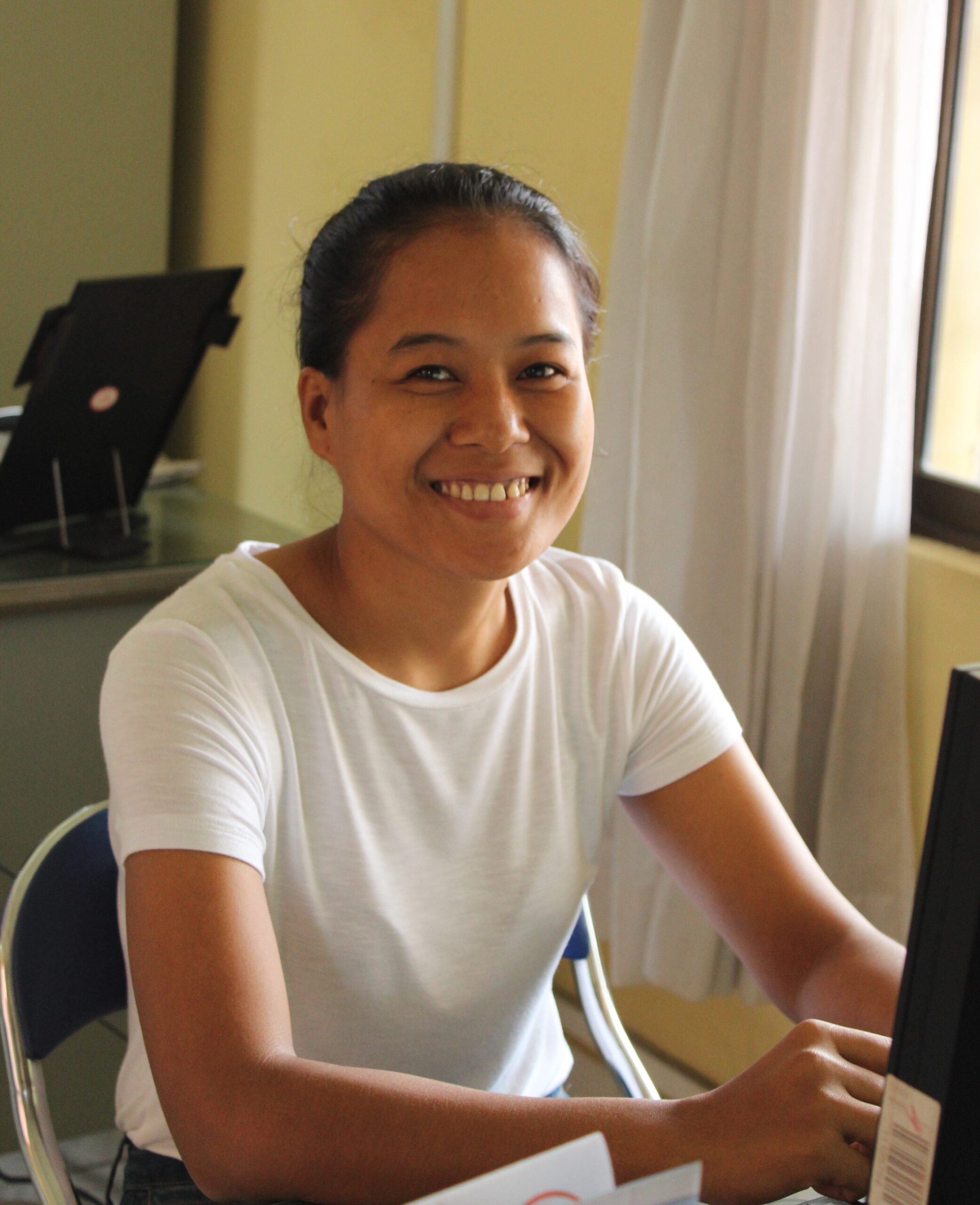
Executive Committee
- Neth Prak, executive director
- Por Saly, assistant executive director
- Rina Tre
- Maly Kim
- Phoeung Prak
- Heng Roeun
- Seung Khang
Advisory Board
- Todd Bequette, specialist for Mother Tongue-based Multilingual Education (MTME) from the USA, living in Phnom Penh
- Mario Ghezzi, Catholic Priest, living in Phnom Penh
- Dr. Esther Leemann, Social Anthropologist, living in Switzerland
- Anne-Laure Porré, Journalist from France living in Phnom Penh
- Dr. Catherine Scheer, Social Anthropologist, living in Luxemburg
- Monika Leemann, Social Worker, living in Switzerland
Our Mission
The Bunong Association’s mission is to promote the development of the Bunong in Cambodia, working in close cooperation with the communities by focusing on serious challenges such as the enforced loss of land and natural resources; by providing technological support to traditional swidden cultivators who have to adapt their agricultural system; and to improve the formal education of Bunong children and adults.
BIPA focuses on strengthening the self-help capacity of the Bunong people to solve the pressing land conflicts, enhance the sustainability of livelihoods of Bunong villagers and improve the access of Bunong children and youth to education. We aim to support the Bunong, who have been living through hardship by cooperating closely with the communities and adopting a holistic approach directed towards the four areas land conflicts, forest protection, agriculture and education. We provide educational and technological support for the benefit of all the Bunong people. We encourage activities to protect the forest and negotiations between the communities, local authorities and rubber plantation developers in an effort to reach a mutual agreement.
Our Vision
Equality and unity within our community, educated Bunong people, protected forest resources, positive changes for education, working together for a good future of the Bunong people. We are highly committed to provide opportunities for individual Bunong who have been living through hardship and poverty, with effective solutions to improve their lives.
BIPA is highly committed to providing equality and unity within the Bunong community, and working together to secure a better future. We act with integrity, share what we achieve, and admit when we fail. We are confident that our people are able to improve their current situation by finding a healthy balance between our roots and traditions, and the modern way of living and farming.
Our Values
We value honesty and trust above anything else.
We act with integrity, share what we achieve, and admit when we fail. We have confidence in our people that they are able to improve their current situation.
